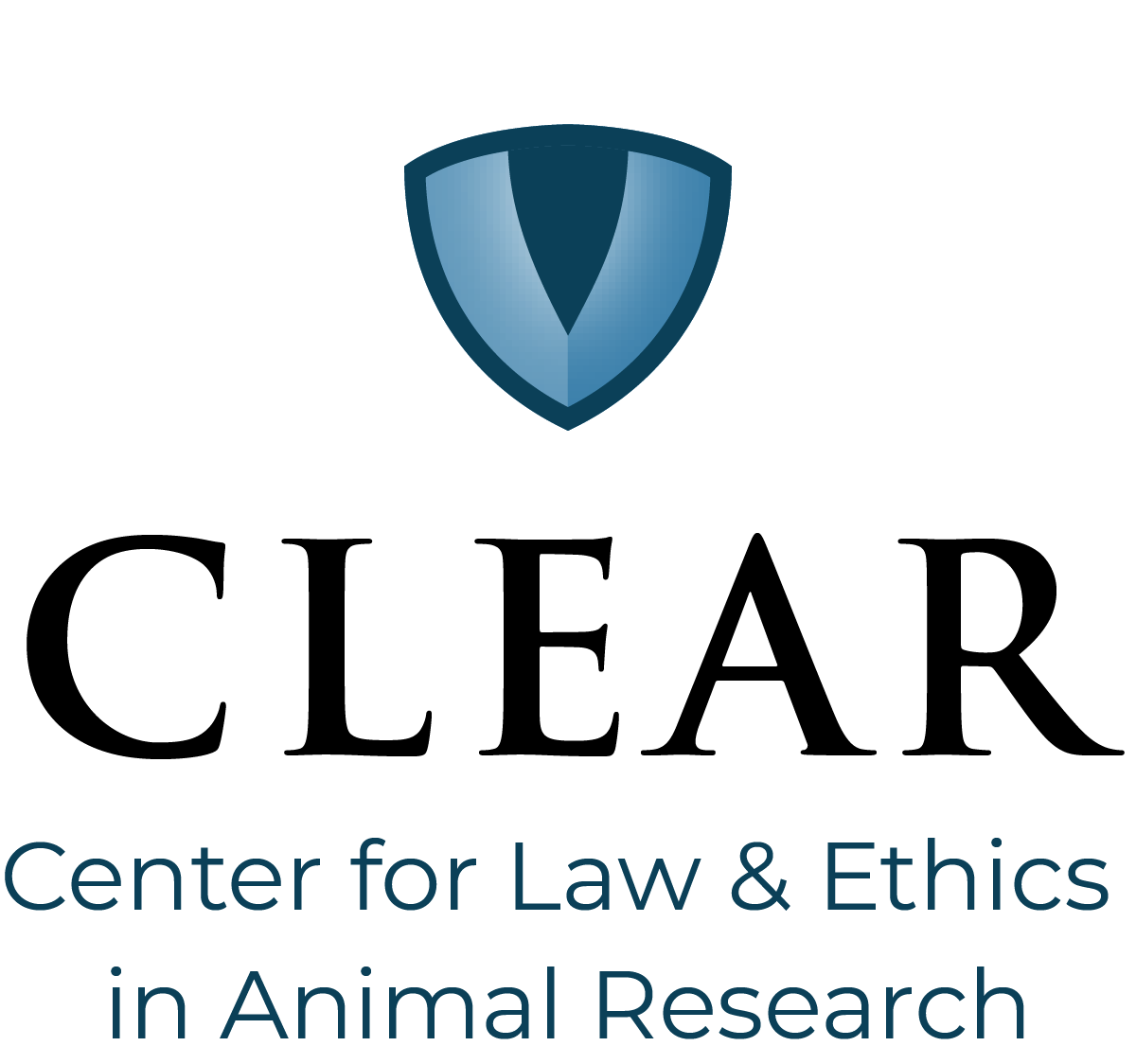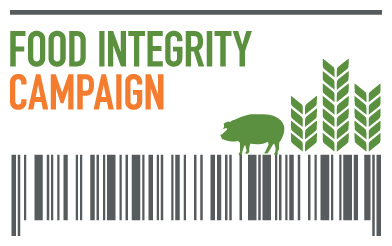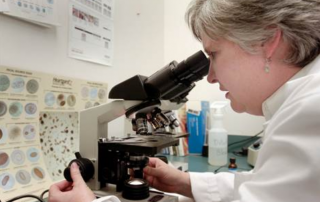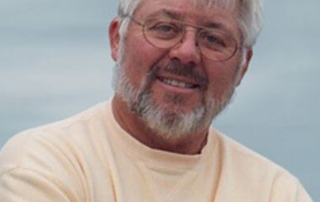Public Health
Government Accountability Project’s Public Health program empowers whistleblowers to protect the public from dangerous drugs, medical devices, environmental contaminants, and threats to food integrity. The Public Health team advocates strong legal and regulatory protections for truth-tellers, presents disclosures to the government and the public, and vigorously defends whistleblowers against retaliation.
To learn more about Government Accountability Project’s work with public health whistleblowers, consult the whistleblower profiles below.
In the modern world, most people don’t have time to monitor everything that goes into the food we eat – to make sure it’s grown and produced safely. The reality is that there are those who refuse to play by the rules we’ve created as a society: to ensure the health and welfare of animals, to protect the environment, to treat our food workers with respect, and to keep the food we eat safe for our families. Luckily, there are whistleblowers who speak out and tell us the truth – even when threatened and intimidated.
Government Accountability Project’s Food Integrity Campaign was born in 2009 out of a critical need to create an accountable and transparent agricultural industry.
Center for Law & Ethics in Animal Research

In 2019, Government Accountability Project founded the Center for Law & Ethics in Animal Research. CLEAR strives to create a conversation around justifiable research standards by promoting the voice of whistleblowers. Using legal research, education, litigation, and policy, CLEAR will develop and disseminate standards that set a precedent for animal use in research that is both scientifically and ethically justifiable.
Department of Veterans Affairs Whistleblower Rights
Under the umbrella of our public health program, Government Accountability Project is proud to advocate for American veterans through our work with Department of Veterans Affairs (VA) whistleblowers. According to its website, the VA is the “largest integrated health care system” in the U.S. and provides care at 1,250 total facilities, among them 172 VA Medical Centers and 1,069 outpatient healthcare sites. In total, over nine million veterans look to the VA for care. The VA’s size and influence means that its various institutional problems like misallocation of resources and delayed benefits have an outsize impact on public health. Government Accountability Project works to help VA whistleblowers make disclosures safely and securely so that the VA can become a more effective and transparent institution.
For more information about our work with veterans, consult our whistleblower profiles.
Watch legal director Tom Devine testify at the June 25 hearing of the House VA Subcommittee on Oversight and Investigations
Watch legal director Tom Devine testify at the July 23 Hearing of the House VA Subcommittee on Oversight and Investigations
Spotlight on OAWP Oversight
Government Accountability Project works with legislators and the media to draw attention to whistleblower-related issues at the Department of Veterans Affairs’ Office of Accountability and Whistleblower Protection (OAWP). OAWP enjoys a legislative and presidential mandate to help whistleblowers amplify their disclosures and defend themselves against retaliation. Its authority to grant temporary relief against retaliation is unprecedented and initially had a significant impact, making the critical difference in several cases. Unfortunately, despite genuine commitment from some leaders and an impressive initial track record, OAWP has become a threatening source of frustration for whistleblowers instead of an effective remedial agency. The OAWP’s fundamental flaws include the following:
- Lack of structural independence: In practice OAWP cannot act without approval by the DVA Office of General Counsel, whose mission is to defeat whistleblower cases. This is a hopeless structural conflict of interest.
- Hostile workplace culture: the OAWP staff lacks empathy and whistleblowers frequently complain to the media and Government Accountability Project of OAWP hostility. Many of its investigators come from offices where they accumulated anti-whistleblower bias by spending their careers conducting retaliatory investigations against them. Such impediments do not cease when investigators begin new positions at a new duty station.
- Lack of enforcement teeth for permanent relief: Agency officials have the discretion to defy it with impunity. The Office inexplicably canceled its effective mentoring program, which had successfully defused conflict and shrank litigation by finding whistleblowers a fresh start with offices that would welcome their commitment to the agency mission, instead of being threatened by it.
- Absence of accountability to regulations: Without published regulations, OAWP operates on an ad hoc basis, which maximizes employee confusion, enables arbitrary actions in any given case, and permits inexcusable waste of resources that exhaust targeted employees. To illustrate, the Senior Executive Association has detailed how OAWP wasted its resources on seven lengthy, draining witch-hunts of a manager that resulted in a five-day suspension, only made possible by removing exculpatory testimony from the evidence file—resources OAWP could have used to protect whistleblowers. The lack of regulations also means OAWP has no timelines it must adhere to for finalizing its investigations, and reports of investigations languish completed but not released for months or even years.
In short, without serious oversight, training and structural reform, this remedial office will degenerate into a Trojan horse for whistleblowers.
OAWP specific recommendations:
Shea Wilkes
Shea Wilkes Shea Wilkes is an Army Veteran and a pioneer VA whistleblower who exposed secret waiting lists at VA hospitals in 2014, while he was a Local Recovery Coordinator at Overton Brooks VA Medical Center in Shreveport, Louisiana. The Office of Special Counsel substantiated his disclosures, but the Special Counsel later lambasted the VA Inspector General and the VA Office of Accountability Review for an obviously whitewashed investigation of the breakdowns in patient [...]
Dr. Katherine Mitchell
Dr. Katherine Mitchell Dr. Mitchell is a full-time VA physician who works at the Veterans Integrated Service Network office in Gilbert, Arizona. While working at the Phoenix VA from 2009-2014, hospital officials ignored Dr. Mitchell’s repeated warnings about grossly unsafe conditions including understaffing, poor triage training, and delayed access to care. In May 2014, Dr. Mitchell chose to publicly disclose those conditions in an attempt to save Veteran’s lives. In July 2014, she testified [...]
Paula Pedene
Paula Pedene Ms. Pedene is an award-winning public relations professional with 28 years of experience at the VA. She served honorably in the U.S. Navy as a broadcast journalist for over eleven years. At present, Ms. Pedene serves as a Senior Communications Specialist assigned to VA Central Office. She made her first protected disclosures in 2010, revealing evidence of a hostile work environment and funds mismanagement. Those allegations were sustained by the VA [...]
Kuauhtemoc “K-Rod” Rodriguez
Kuauhtemoc “K-Rod” Rodriguez Kuauhtemoc “K-Rod” Rodriguez has worked for the VA since 2010. Before that he was an Army Officer for five years, including service in the Iraq War, and he has been an Air Force reservist for seven years. From 2015 to 2018, Mr. Rodriguez was the Chief of Specialty Care at the Phoenix VA Health Care System (PVAHCS), where he supervised over 100 employees. Mr. Rodriguez has been tireless in his advocacy for veterans, when he [...]
James Hundt
James Hundt Mr. James Hundt is an Associate Director in the Veterans Engineering Resource Center (VERC). He is a West Point graduate, disabled veteran, and 24-year military and federal government employee with seven years of experience in three presidential administrations within the Executive Office of the President (EOP). VERC is a part of the Veterans Health Administration (VHA), which in turn is one of the large subdivisions of the VA. VERC integrates healthcare [...]
Brandon Coleman
Brandon Coleman A Marine Corps veteran and Addiction Therapist for the Phoenix Department of Veterans Affairs (VA), Brandon Coleman witnessed a variety of improper and possibly unlawful practices. In 2014, Coleman disclosed to the U.S. Office of Special Counsel (OSC) that suicidal veterans had been neglected, and left to walk out of the VA hospital without proper care. Following his disclosure, Coleman learned that his own medical records had been illegally accessed by a [...]
Dr. David Graham
Dr. David Graham After Food and Drug Administration (FDA) researcher, Dr. David Graham, conducted a study which showed that the painkiller Vioxx had caused 88,000 to 139,000 heart attacks with a 30 to 40 percent fatality rate, the FDA attempted to suppress his findings. Graham was able to present the preliminary results of his study at a conference, but his supervisors privately criticized him for trying to hurt Merck, the pharmaceutical corporation that created [...]
Dr. Aubrey Blumsohn
Dr. Aubrey Blumsohn In early 2006, Dr. Blumsohn, a senior faculty member at Sheffield University, blew the whistle on data concealment and manipulation performed on behalf of Procter & Gamble (P&G) for the company’s osteoporosis drug, Actonel. The popular medication was primarily used by post-menopausal women to strengthen bones and help prevent fractures. Blumsohn, the intended lead author on a P&G commissioned study, exposed data that actually disproved P&G’s therapeutic claims for Actonel, stating [...]
Victoria Hampshire
Victoria Hampshire In 2004, Dr. Hampshire was a veterinarian working for the Food and Drug Administration (FDA), monitoring drug interactions in animals and had received numerous accolades for her work. Dr. Hampshire discovered that a popular heartworm medication for dogs was killing hundreds of animals. Her analysis and reports pulled the drug off the market. Drug maker Wyeth Pharmaceuticals then conducted a smear campaign against her and used its influence with the FDA to [...]
Jeffrey Wigand
Jeffrey Wigand In 1995, Dr. Jeffrey Wigand, a former Vice President for Research and Development for Brown & Williamson Tobacco Corporation, rose to national prominence when he blew the whistle on tobacco companies’ manipulation of research on the effect of nicotine in tobacco products. After leaving Brown & Williamson in 1993, Dr. Wigand cooperated with U.S. government agencies investigating the tobacco industry, including the Food and Drug Administration (FDA). The Former commissioner of the [...]











